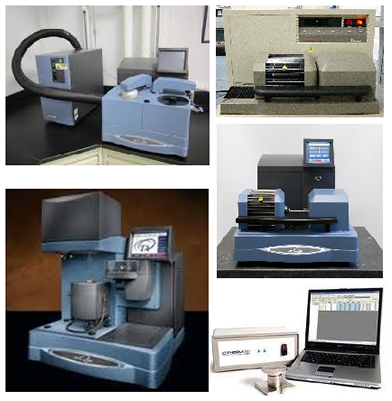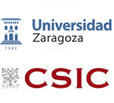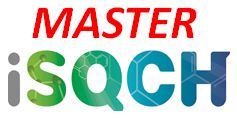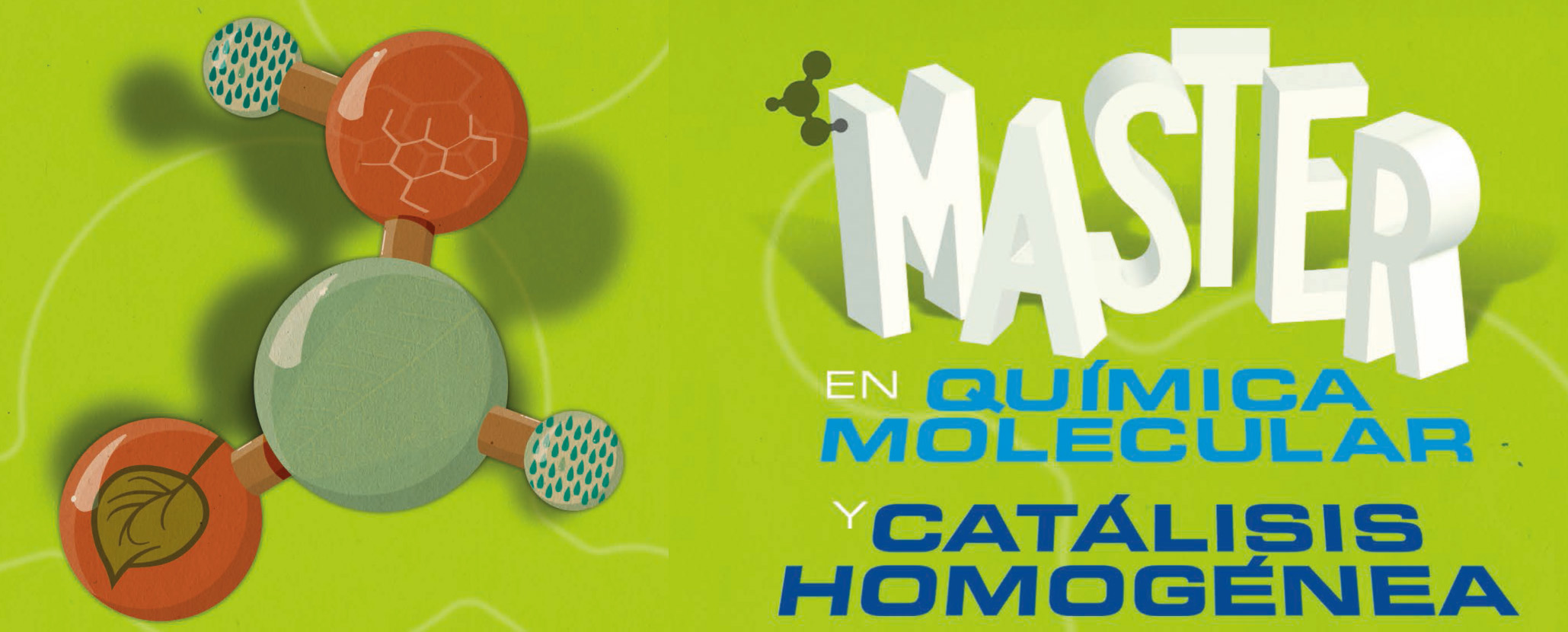THERMAL ANALYSIS SERVICE
INTRODUCTION
The Thermal Analysis Service comprises a range of techniques to analyse thermal behavior of materials, studying the changes in a material property as a function of the temperature, either on heating/cooling cycle or isothermally, when measuring in a controlled atmosphere.
EQUIPMENT
 TA Instruments Q5000IR TGA equipment for TGA measurements in nitrogen atmosphere or air heated up to a maximum temperature of 700 °C.
TA Instruments Q5000IR TGA equipment for TGA measurements in nitrogen atmosphere or air heated up to a maximum temperature of 700 °C.- TA Instruments SDT650 simultaneous TGA/DSC equipment, for TGA or TGA/DSC measurements by heating in nitrogen atmosphere or air up to a maximum temperature of 900 ºC.
- TA Instruments SDT2960 TGA equipment for TGA measurements by heating in nitrogen atmosphere or air up to a maximum temperature of 900 ºC..
- TA Instruments Q20 DSC equipment, for heat flow measurements with heating and/or cooling cycles in a temperature range between -50 ºC and 250 ºC.
- TA Instruments Q2000 DSC equipment, for heat flow measurements with heating and/or cooling cycles in a temperature range from -50 °C to 250 °C, modulated DSC or heat capacity measurements.
- TA Instruments Q1000 DSC equipment for heat flow measurements with heating and/or cooling cycles in a temperature range between -180 °C and 150 °C, modulated DSC or heat capacity measurements.
- TCi thermal conductivity equipment (C-THERM Technologies) whose working temperature range is from -50 ºC to 200 ºC.
APPLICATIONS
- Thermal stability analysis of materials.
- Study of decomposition, depolymerization and oxidation processes.
- Determination of humidity and volatile content.
- Purity analysis of materials.
- Determination of phase transitions, glass transition, melting, crystallisation and curing temperatures.
- Crystalline polymorphism and liquid crystal phase studies
- Determination of crystallisation enthalpies, polymerization enthalpies, etc.
- Determination of heat capacities.
- Thermal conductivity measurements of powders, liquids, foams, polymers, ceramics and metals.
INTERESTED SECTOR
- Research centres in the fields of chemistry, materials physics, materials science and engineering, polymer science, nanomaterials, biomaterials, etc.
- Pharmaceutical, food and agrochemical industries.
- Industries related to polymers (plastics, resins, foams), composite materials, ceramics, etc.
- Sectors related to the storage and conversion of energy: batteries, solar cells, LEDs, etc.
Actividad de I+D+i realizada por la Universidad de Zaragoza a través de sus Institutos Universitarios de Investigación, propios y mixtos, financiada por el Gobierno de Aragón










